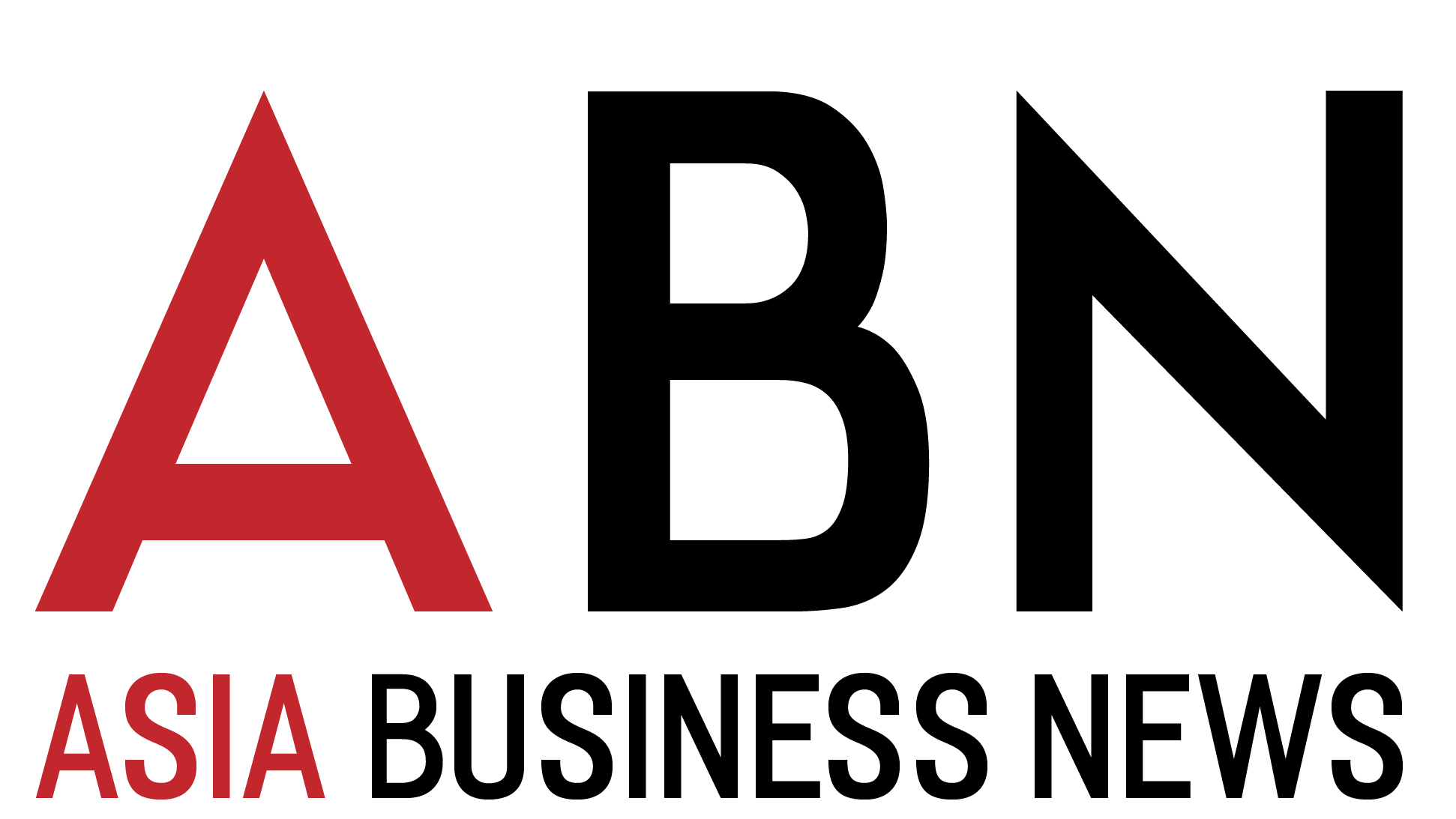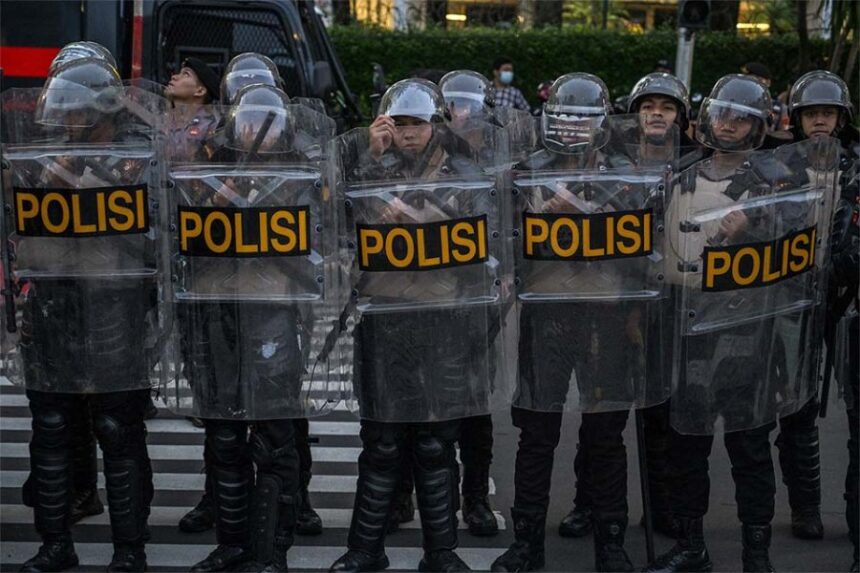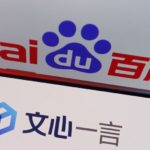January 2, 2025
jakarta – All things considered, 2024 is a great year for Indonesia.
Ahead of February’s presidential and legislative elections, talk of possible vote rigging, election interference and campaigning has increased risks and raised real concerns that things could go awry once votes are counted.
But apart from heated discussions and mutual accusations before the Constitutional Court, there were no election-related disturbances.
There are, of course, questions about the quality of Indonesian democracy, especially as the outcome of the presidential election was heavily influenced by the massive deployment of resources by the current government.
But the fact that winners and losers agree to resolve disputes about the election results may be a good sign of the maturity of our democracy.
Another test the country successfully passed was October’s nationwide regional elections, which in Jakarta resulted in victory for opposition candidates.
The regional elections were held as former Defense Minister Prabowo Subianto began a new government after taking office on October 20, promising 8% economic growth and the implementation of a broad-based To promote the free meal program and continue some of the policies of former President Joko Widodo. Joko Widodo’s signature policies include downstream industrial development.
President Prabowo began an international tour shortly after being sworn in, first to Beijing and then to Washington, D.C., in an effort to inspire confidence at home and abroad.
During the same trip, Prabowo attended a series of multilateral summits with heavyweights such as Russian President Vladimir Putin, Brazilian President Lula da Silva and Turkish President Recep Tayyip Erdogan Had contact.
However, after the honeymoon period of more than two months, the harsh reality of international and domestic politics gradually emerged.
The election of Donald Trump to a second term in the White House, especially against the backdrop of his promise to increase tariffs on China, could spell big trouble for Indonesia, as a trade war between the United States and the Asian giant could Complicating Prabowo’s situation. Strive to achieve economic growth of 8% in 2025.
Domestically, plans to implement a 12% value-added tax (VAT) may also create headwinds for the government by hurting consumer purchasing power.
Some analysts estimate that the cost of implementing a VAT could severely hamper economic growth in 2025.
On the political front, the post-election calm appears to have faded quickly.
On Christmas Eve, the Corruption Eradication Commission (KPK) named Hasto Kristiyanto, secretary-general of the Indonesian Democratic Party of Struggle (PDI-P), as a suspect in a bribery case, a decision widely seen as being influenced by former President Joko Widodo. A politically motivated move to support Widodo.
Many believe that the current leadership of the Corruption Eradication Party, which was vetted and appointed at the end of Jokowi’s administration, is doing the bidding of the former president and seeking to settle scores with the former party.
President Joko Widodo, his son Vice-President Jibril Rakhabumin Raqqa, and son-in-law Bobby Nasution were all expelled from the People’s Democratic Party, just as Hasto was named as a bribery suspect. a few days ago.
In light of these developments, political tensions are likely to only intensify in the first months of 2025, as the tit-for-tat between the HDP and Jokowi appears set to continue.
A good-faith truce between Jokowi and the HDP is our best hope for political stability in 2025, but the likelihood of that happening is slim.
Despite new concerns, we can all be optimistic about 2025. At least the worst is over.
Happy New Year!












